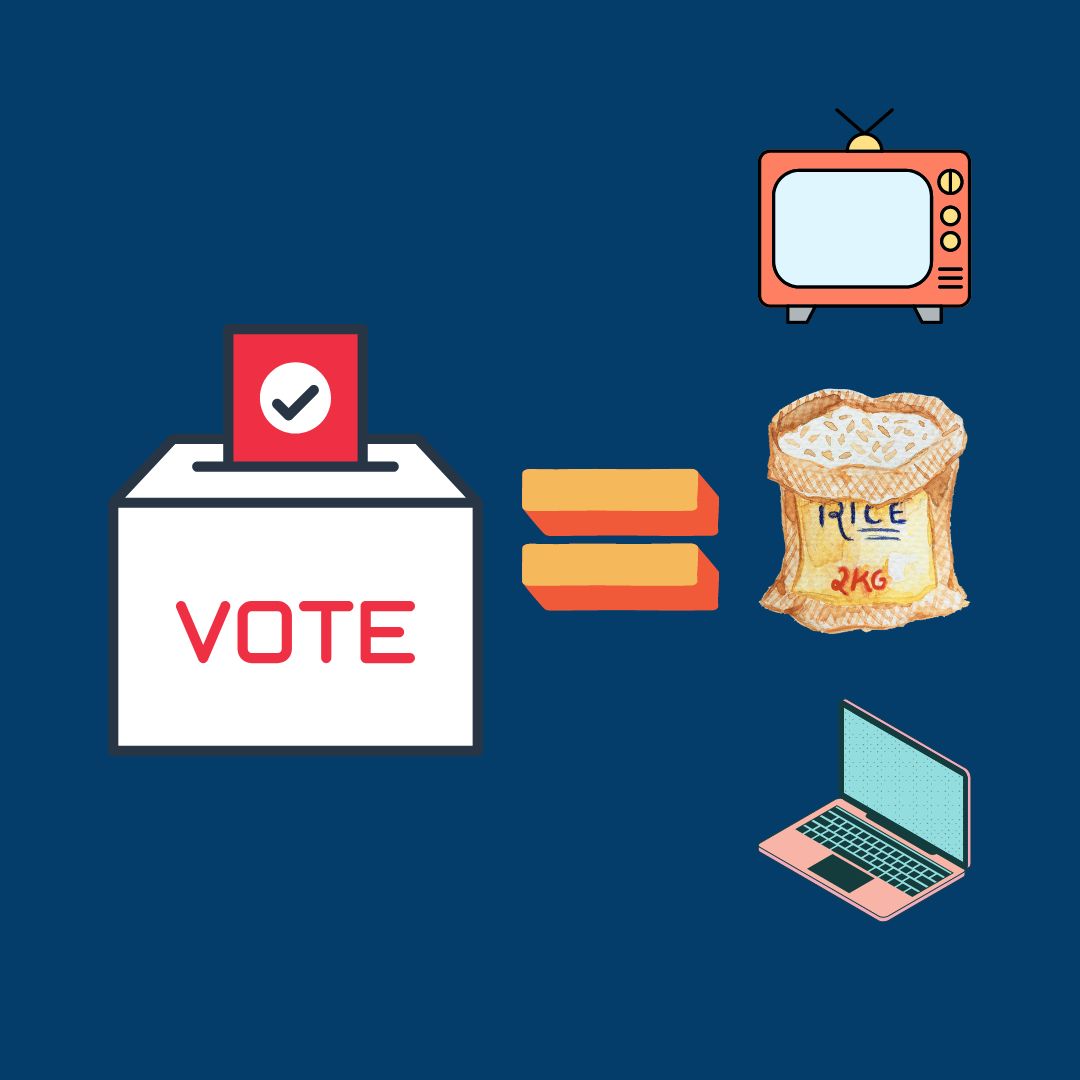Poverty eradication means having luxuries?
In our last blog, we saw how freebies announced during elections could apparently push a nation into a debt trap. As a continuation to it, we will further divulge into the details. Also, we will see what politicians have to say about freebies along with what the poor demand.
Dr C Rangarajan did mention in a recently published interview that freebies and subsidies have helped in reducing poverty. However, there is something else which he said i.e., poverty has reduced but not at the levels at which the government is claiming. He further went on to explain the discrepancies in the assumptions made in the Multidimensional Poverty Index.
What is wrong with the Multidimensional Poverty Index?
NITI Aayog presented the National Multidimensional Poverty Index – A Progressive Review 2023 in association with Oxford Poverty and Human Development Initiative and the United Nations Development Programme.
The report have given segment wise indicators on health, education and standard of living. Under standard of living, Bank Account, Electricity Access, Cooking Fuel, Housing, Sanitation, Drinking Water, Assets are considered.
Bank account is not an asset. Unless you have money in hand, you don’t need a bank account. While an argument can be made saying that bank accounts for rural India means they have access to direct cash transfer scheme. However, the number of recipients and if the person is actually falling BPL category will again be questionable.
Access to electricity, cooking fuel, housing etc. might still be a luxury because food is to be considered as the basic of amenities. Even though cooking fuel/gas is basic enough to make food, there is a question that how many households actually have a proper gas/kerosene stove to cook?
Even if they have what if they don’t know how to use it and the effective use of the freebie is still questionable. Added to this, electricity, cooking gas etc. would have been provided to the households, but is the connection up and running?
Dr C Rangarajan claims in his interview that urban poor have benefitted mostly with these schemes. This means their rural counterparts are either not aware or still waiting for the benefit to reach them. All of this, makes MPI indicators vague and questionable.
What do politicians say?
A sitting MLA in Tamil Nadu assembly during 2011 lauded the then government’s Mangalsutra scheme as the best way to poverty alleviation. However, the cost incurred to offer the same is still haunting the state with a huge debt burden.
In a tweet two years ago, Prime Minister Narendra Modi criticised the culture of freebies in electoral politics. To which the then Finance Minister of Tamil Nadu questioned the Prime Minister’s qualification in defining freebies.
Dravida Munnetra Kazhagam (DMK) and Aam Aadmi Party (AAP) challenged a petition filed by a BJP leader in Supreme Court of India asking political parties to define freebies. However, even the top court had to assert that political parties cannot be prevented from making poll promises. Ironically, the same BJP went on to announce freebies in the recently concluded Madhya Pradesh assembly elections.
More freebies demanded
While we all are debating if freebies are essential or not, there is a growing demand for more freebies too in India. Apparently, the poor demand constant flow of freebies, which is beyond the definition of basic amenities.
In 2006 when DMK government offered television sets for free to households, a question rose among the crowd, “What about cable connection? What do we see in this television?”
This means offering basic essentials alone is not enough for the poor. They need luxuries too.
Abhijit Banerjee and Esther Duflo in their book Poor Economics speak about the poor across countries worldwide. They draw parallels to a poor family in Indonesia and Morocco where a TV set with antenna and a DVD player is considered more important than food.
Another trend in Tamil Nadu and a few other states in India is the excessive spending on Alcohol. TASMAC, the state run liquor retailer in Tamil Nadu has earned a revenue of Rs. 45,000 Crore in the end of financial year 2022-23. The same is expected to cross Rs. 50,000 Crore by the end of financial year 2023-24.
When will the intoxication of freebies end?
There is no end to the intoxication of freebies in the near future. This is putting India in a position where our debt-to-GDP ratio will soar as warned by IMF. Unless people choose wisely and openly raise questions on policy matters, such practices will continue forever.






Leave a Reply